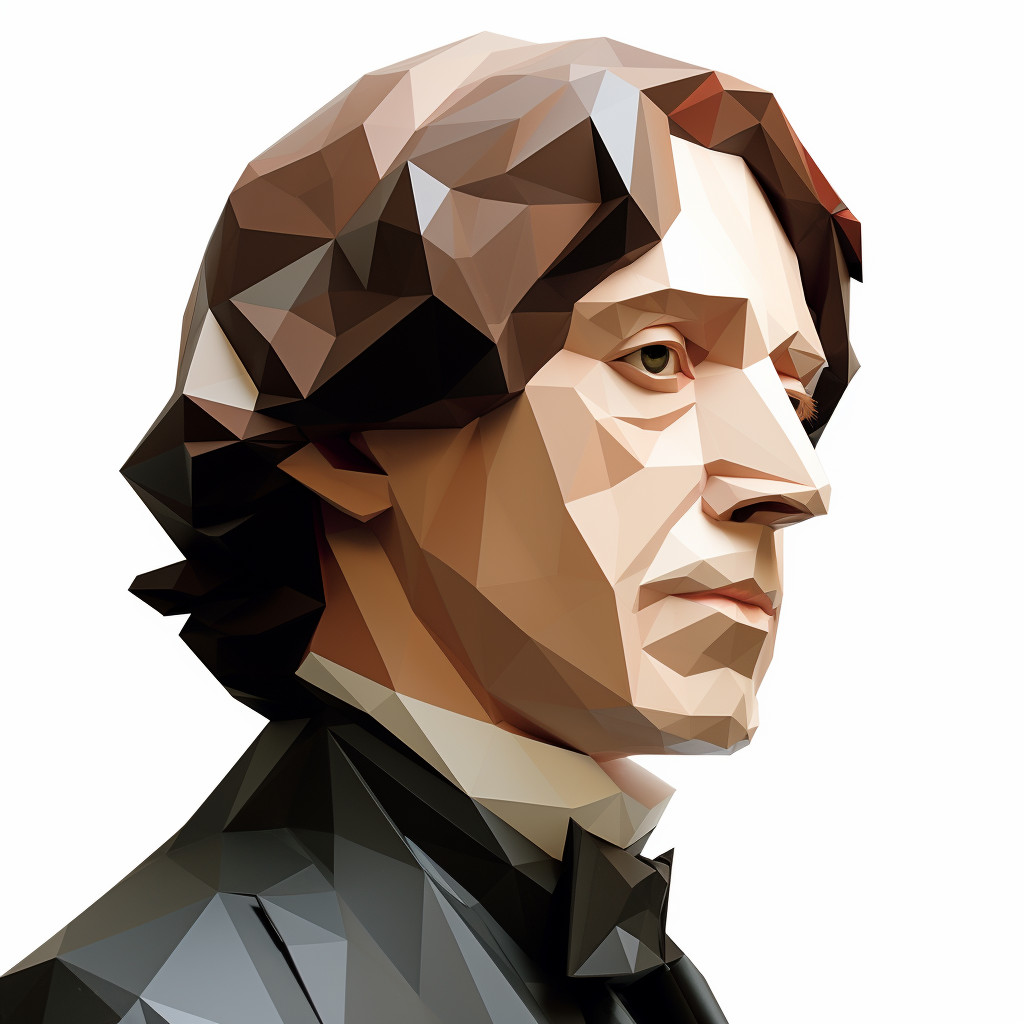'Ridicule' Quotes
Ridicule quotes have played a significant role in shaping the way individuals and society perceive and respond to criticism. These quotes, often witty and humorous, have the power to disarm and challenge the status quo. Throughout history, famous figures such as Mark Twain and Oscar Wilde have used…Read More
Ridicule quotes have played a significant role in shaping the way individuals and society perceive and respond to criticism. These quotes, often witty and humorous, have the power to disarm and challenge the status quo. Throughout history, famous figures such as Mark Twain and Oscar Wilde have used ridicule quotes to expose societal flaws and inspire change. These quotes have also served as a form of self-defense, empowering individuals to rise above ridicule and embrace their uniqueness. Today, ridicule quotes continue to resonate and motivate people to stand up against injustice and embrace their individuality. They remind us to not take ourselves too seriously and to find humor in life’s challenges.Read Less
Ridicule quotes have played a significant role in shaping the way individuals and society perceive and respond to criticism. These quotes, often witty and humorous, have the power to disarm and challenge the status quo. Throughout history, famous figures such as Mark Twain and Oscar Wilde have used ridicule quotes to expose societal flaws and inspire change. These quotes have also served as a form of self-defense, empowering individuals to rise above ridicule and embrace their uniqueness. Today, ridicule quotes continue to resonate and motivate people to stand up against injustice and embrace their individuality. They remind us to not take ourselves too seriously and to find humor in life’s challenges.
23 Striking 'Ridicule' Quotations and Sayings
Ridicule – Symbolic Value
Ridicule is a powerful tool that has been used throughout history to convey a message or make a point. It is a form of criticism that uses humor, sarcasm, or irony to mock or belittle someone or something. While it may seem like a negative concept, ridicule actually holds a significant symbolic value in our society.One of the main symbolic values of ridicule is its ability to expose the flaws and weaknesses of individuals or institutions. By making fun of someone or something, ridicule brings attention to their shortcomings and forces them to confront them. This can be seen in political satire, where politicians are often ridiculed for their actions or policies, bringing attention to their mistakes and holding them accountable.Moreover, ridicule can also be used as a form of social commentary. It can be a way to challenge societal norms and beliefs, and to bring attention to issues that are often overlooked. For example, comedians often use ridicule to address social and political issues, shedding light on them in a humorous way that makes them more approachable and easier to discuss.
Ridicule – Cultural and Historical Significance
The use of ridicule has a long history, dating back to ancient civilizations. In Greek and Roman societies, ridicule was used as a form of entertainment, with comedians performing in theaters to mock and satirize political figures and societal norms. In medieval Europe, jesters were employed by kings and nobles to entertain and ridicule their enemies.In modern times, ridicule has become a staple in popular culture, with the rise of stand-up comedy and satirical shows. It has also been used as a form of protest, with movements such as the Dadaists and the Situationists using ridicule to challenge the status quo and provoke change.
Ridicule – Common Themes in Motivational Contexts
In motivational contexts, ridicule is often used as a way to motivate individuals to improve themselves. By pointing out their flaws and weaknesses, ridicule can push individuals to work harder and strive for self-improvement. This can be seen in the concept of “tough love,” where a person is ridiculed in a tough but loving manner to push them to reach their full potential.However, it is important to note that ridicule can also have negative effects on individuals, especially when used excessively or in a hurtful manner. It can lead to low self-esteem and self-doubt, hindering personal growth and development.
Ridicule – Portrayal in Art and Media
Ridicule has been a popular theme in art and media, with many works of literature, film, and television using it as a central element. In literature, authors such as Jonathan Swift and Mark Twain used ridicule to satirize societal issues and political figures. In film and television, comedies often use ridicule to entertain and make social commentary.One of the most famous examples of ridicule in art is the painting “The Garden of Earthly Delights” by Hieronymus Bosch. The painting depicts a world filled with grotesque and absurd creatures, satirizing the corruption and immorality of society.
Ridicule – Impact on Understanding of Life and Society
Ridicule plays a significant role in shaping our understanding of life and society. It can be a powerful tool for social change, as it exposes flaws and challenges societal norms. However, it is important to use ridicule responsibly and with empathy, as it can also have negative effects on individuals.In conclusion, ridicule holds a strong symbolic value in our society, with a rich cultural and historical significance. While it can be a powerful tool for social commentary and motivation, it is important to use it responsibly and with empathy. As the saying goes, “with great power comes great responsibility,” and this applies to the use of ridicule as well.









